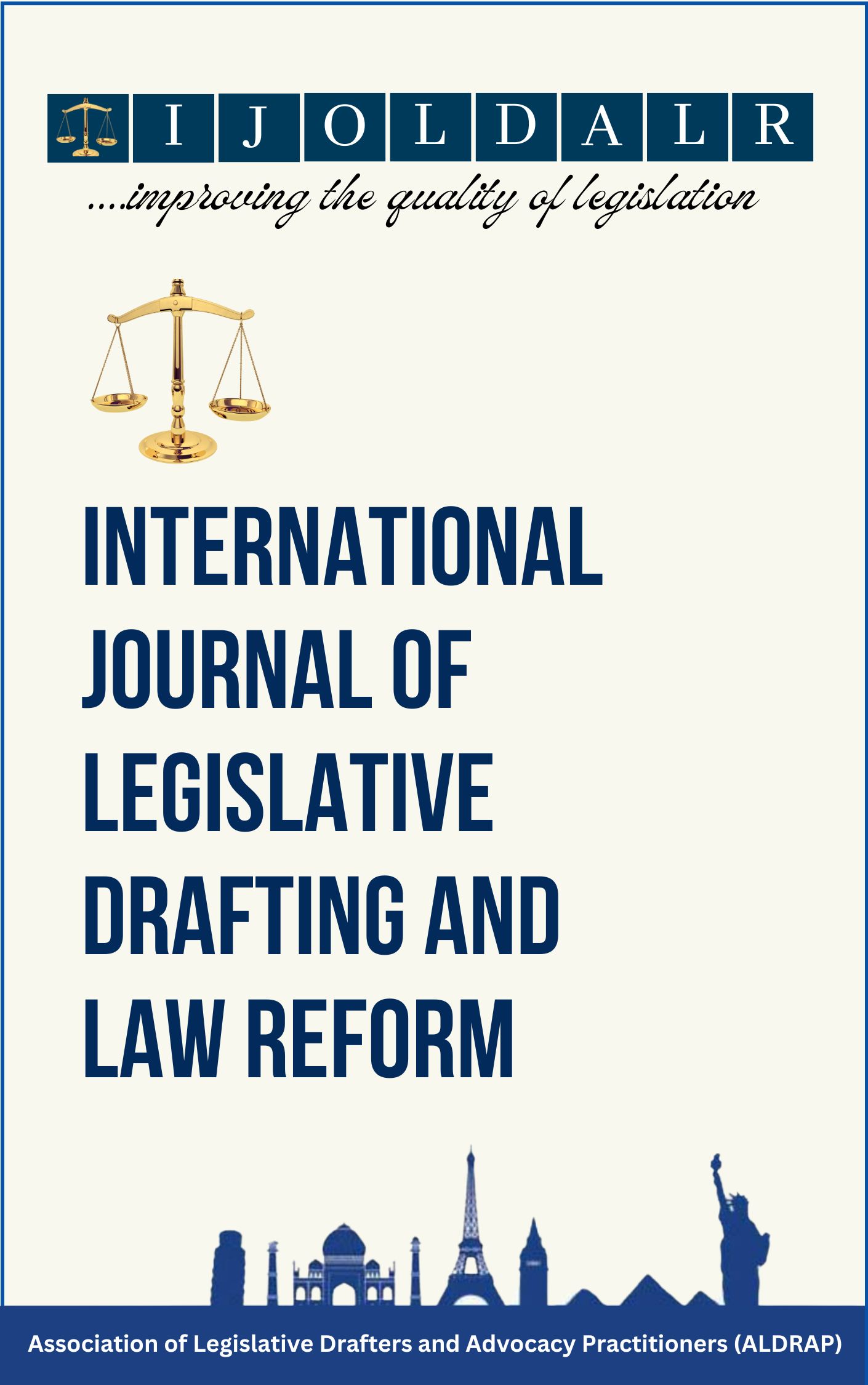Abstract
The quality of the law has always been a prime concern to French regulators. The last ten years have seen a flurry of reforms,including a constitutional amendment to introduce RIA and six simplification laws. This article, drafted by a practitioner, attempts to identify what is specific aboutthe French approach, and to appraise the model and its results against international best practice as expressed by the “Better Regulation” principles. It will do so by first lookingat the policy discussion, then taking a “hands-on” viewpoint, including personal experience. It concludes that much progress has been made but further improvements are necessary if the system is to guarantee economic accountability on a par with legal security, and remain an “attractive” model.
As of May 2012, after ten years of centreright rule, elections have returned a president supported by a different majority: over the two parliamentary terms, conditions were met for sustained administrative reform, with a consistent and rich regulatory agenda, including a constitutional amendment to introduce regulatory impact assessment (RIA) and six simplification laws. After such wide-scale changes, can the issue of quality of legislation be considered solved, and is the ensuing architecture and production on a par with international best practice? Are there any lessons to be learnt for other countries? Is the “Frenchlegal model” even more attractive than before?
This article will address legislative drafting in the context of its contribution to policy-making and delivery, which is centralto the Better Regulation (BR) approach. It will attemptto summarize what is specific about the French approach, starting with a review of official reports published (in French only.) The objective is to determine to what extent the model meets international standards, as defined chiefly by the OECD in its regulatory governance recommendations revised in 2012181. The article will also capitalise on some 30 years of personal experience of drafting legal texts in four French Ministries. The starting point is my personal impression that the tradition of excellent drafting skills, which leads to a search for formal excellence, may have somewhat obscured, or reduced the urgency of, the need for keeping the legal corpus manageable, and guaranteeing economic relevance, two of the basic tenets of Better Regulation.
The issue will be examinedfrom two angles:
- a review of the policy debate: examining the French officially adopted quality definitions and standards from the international perspective;
- a “hands-on” view: checking that the resources supporting drafting and the quality control procedures are effectively delivering regulatory quality.
The issues are presented by a practitioner for research purposes and do not represent the official point of view of French authorities, but a personal contribution to the understanding of this governance issue. The article will briefly describe specific technical resources used by professionals engaged in legislative drafting, not currently available in English.
In writing this personal testimony, the author is indebted to the conceptual study of what constitutes quality of legislation by Prof. W. Voermans182 as well as to the comments by an anonymous (academic) peer-reviewer. He wishes to thank both these eminent experts.



 National Library of Nigeria
National Library of Nigeria.jpg) Association of Nigerian Authors
Association of Nigerian Authors Nigerian Library Association
Nigerian Library Association EagleScan
EagleScan Crossref
Crossref